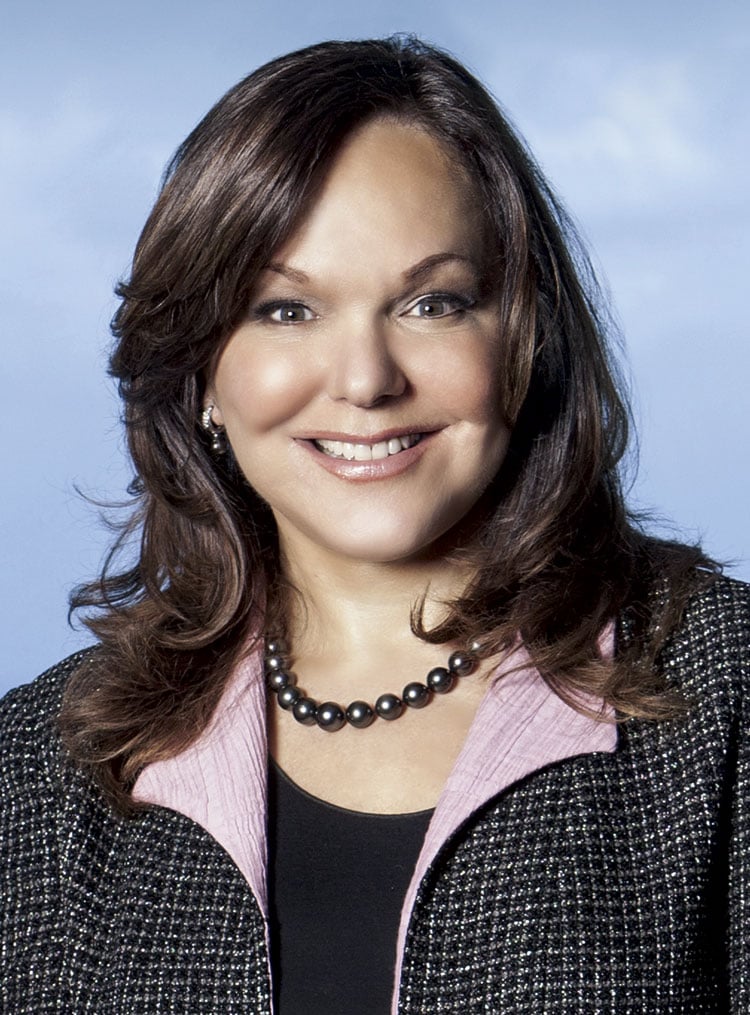Tackling the Homeless Youth Crisis: Providing legal solutions to assist children in need can lift us all

Photo of Hilarie Bass courtesy of the Office of the President
Imagine wanting to register for school, but having no identification documents and no family members, so you are turned away.
Imagine having a chance at your first job that will help pay for food, but without a lawyer to help get a previous minor offense expunged, that door will be slammed in your face.
Imagine falling asleep on a park bench and waking up in handcuffs to find the police officer taking you away because you have nowhere else to go.
These are daily challenges faced by some of the more than 500,000 children in this country and an estimated 100 million youth worldwide who have no place to call home. Don’t children—especially our most vulnerable—deserve rights?
The American Bar Association believes this is a global civil rights issue, and we urgently need the help of lawyers and legal leaders across the country. By creating the Legal Rights of Homeless Youth Initiative, together we will address the problems preventing these children in the U.S. and globally from leading productive lives.
In the United States, many homeless youth lack access to critical legal representation that can remove barriers to benefits, education, employment, housing, identification and health care. Our domestic initiative—Homeless Youth Legal Network Pro Bono—will increase access to legal services by connecting lawyers and law firms with homeless youth shelters and drop-in centers.
Of the more than 350 shelters and drop-in centers across the U.S. serving homeless youth, very few have access to pro bono legal services. The ABA project will match shelters with volunteer attorneys who will represent children with urgent legal needs, hold legal clinics to represent groups of youth with similar needs and offer education sessions to teach youth about how to address important legal issues that can help them lead more productive lives.
The ABA has kicked off a campaign asking lawyers, firms and other legal professionals to “adopt a shelter” and visit monthly to provide legal assistance. Tool kits will be available online to answer volunteers’ questions about the legal issues that this population faces. To inspire others, the ABA website will invite volunteers to submit posts on their progress. The initiative will also be the focus of the National Celebration of Pro Bono (Oct. 22-28), when thousands of U.S. lawyers mobilize to provide volunteer services to our country’s most vulnerable residents.
A little help can make a big difference. In September 2016 at the ABA’s Homeless Youth Law & Policy Summit, a young Chicago woman named Sharday Hamilton described the legal help that turned her life around. She received assistance to obtain identification after living on the streets for several years as a teenager. “Without an ID, you’re nobody,” Hamilton said. “You can’t get a job, you can’t go to school, you can’t get food.” Today, she works for the National Network for Youth.
Internationally, the ABA will convene the International Summit on the Legal Rights of Street-Connected Children and Youth in São Paulo, Brazil, on Nov. 28-29 with more than 150 international academics, advocates, funders, lawyers and government officials.
Participants will produce the first comprehensive plan from the world’s experts on addressing the legal issues detailed in the United Nations General Comment on Children in Street Situations. The UN general comment lays out governments’ obligations to street-connected youth under the United Nations’ 1989 Convention on the Rights of the Child, which details the civil, political, economic, social, health and cultural rights of children worldwide.
The principles adopted in São Paulo, to be presented to the ABA House of Delegates for consideration at the 2018 Midyear Meeting, will help guide governments to develop comprehensive strategies on street-connected youth that put children first. These potential improvements will, as an 18-year-old homeless Brazilian boy says in the general comment, “Give us the opportunity to change our story.”
These initiatives by the legal community will help make a difference for homeless youth—and improve the world for all of us.
To learn more about this project, including how to volunteer, visit www.ambar.org/homelessyouth.
Follow President Bass on Twitter @ABAPresident or email [email protected]. This article appeared in the October 2017 issue of the



